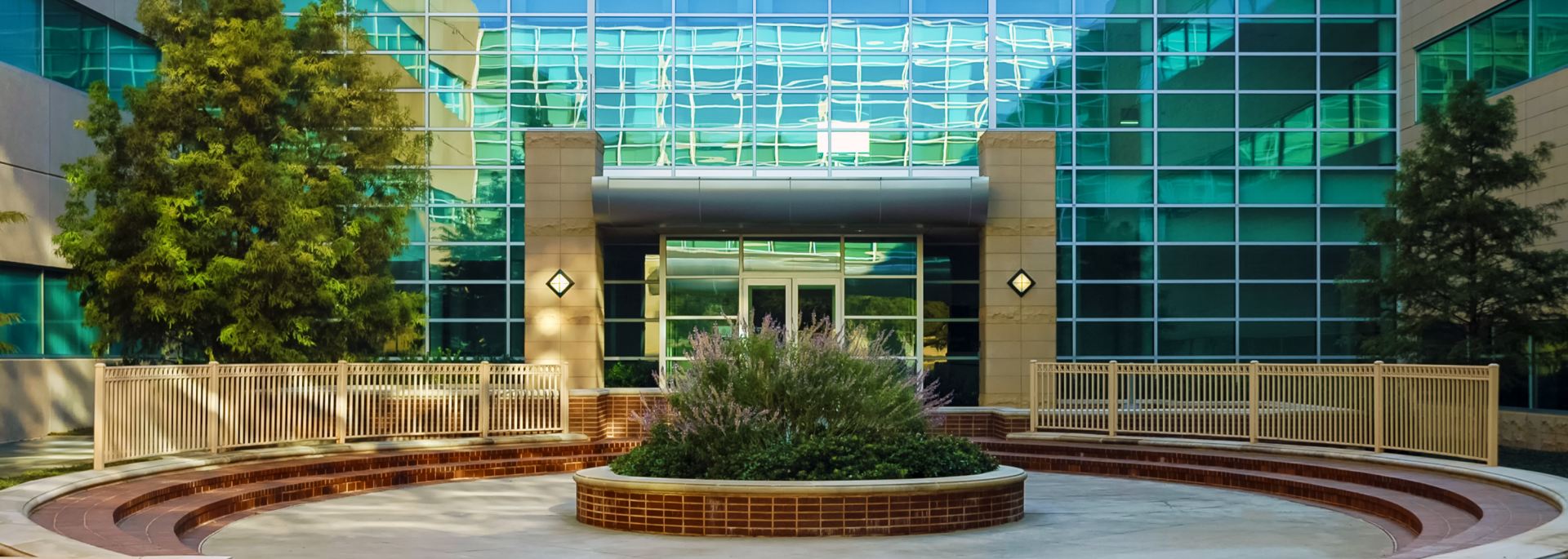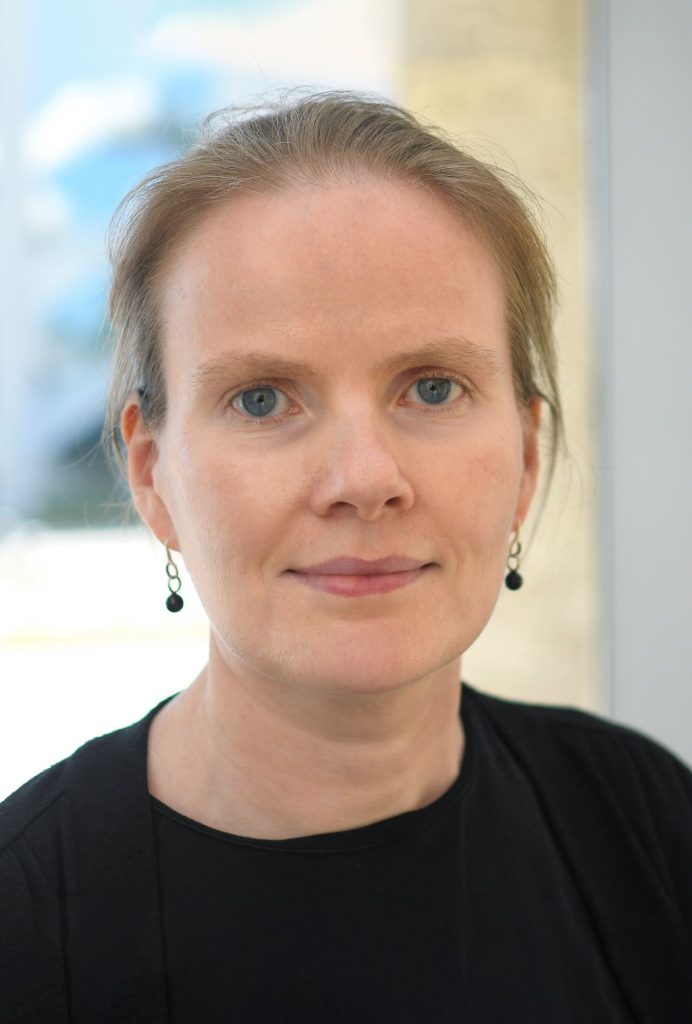
Innovative Leader Named Associate Dean for Undergraduate Education
Dr. Amy Walker is the new associate dean for undergraduate education in the Erik Jonsson School of Engineering and Computer Science. Walker previously served as interim head of the Department of Materials Science and Engineering. She is also the current president of AVS, a professional society of academic, industrial, government and consulting professionals with about 4,500 members worldwide.

Amy Walker, PhD
Walker has served on the faculty of the Department of Materials Science and Engineering since 2009, following a previous appointment at Washington University in St. Louis. She holds a bachelor’s degree in physics and a PhD in chemistry from the University of Cambridge in England.
At The University of Texas at Dallas, Walker researches surface chemistry and materials science, manipulating interfacial chemistry in order to develop simple, robust materials with complex 2- and 3-D surfaces.
She has worked with UT Dallas undergraduates pursuing certificate programs in nanoscience and nanotechnology and has supervised undergraduate researchers throughout her career. In her new role as associate dean for undergraduate education, which started July 1, her goals include increasing diversity and inclusion, improving the pipeline of women and underrepresented minorities in engineering and computer science, and improving retention, engagement and the student experience – all areas in which she has already demonstrated success.
“I consider the role of associate dean for undergraduate education one of the most critical in the Jonsson School in terms of improving long-term outcomes for our students. In addition to Amy’s demonstrated success as a leader and researcher, I have found Amy to be passionate, energetic, enthusiastic and visionary. She is a collaborative, solutions-oriented and diligent leader. I know she will work hard toward improving the student experience for all our students.”
Dr. Stephanie G. Adams
Jonsson School Dean and Lars Magnus Ericsson Chair
Increasing Diversity and Inclusion
The Jonsson School student population currently includes around 20 percent women. While its population is diverse, it does not reflect the population of Texas, particularly among Black and Hispanic students.
In 2018 Walker secured funding from the Louis Stokes Alliance for Minority Participation, a program operated by the National Science Foundation (NSF), to support the Bridge to the Doctorate program, which supports underrepresented minority students for the first two years of a doctoral program. She was also the principal investigator of an NSF Research Experience for Undergraduates (REU) Program in the UT Dallas Department of Materials Science and Engineering from 2012-2018. Of the 60 students that participated, half were women, one-third were members of an underrepresented minority group, and many attended graduate school and earned professional degrees.
“We know students from underrepresented groups need several things to be successful – family and financial support, a sense of belonging, academic confidence – which we can focus on through social support and mentoring,” Walker said. “What will higher education do for you? You might not know. It didn’t occur to me that I would enter academia until a mentor sat me down with a cup of tea and said, ‘Now when you earn your PhD…’ If you don’t have someone giving you these messages, you don’t know what you can do.”
Retention and Engagement
Walker aims to improve public understanding of how engineering impacts society. While many students pursue careers in engineering and computer science following graduation, many emergent careers require interdisciplinary skill sets, including non-STEM skills in business, communications and the arts.
Walker’s 2025 target plans include expanding the undergraduate population to 7,000 students, expanding the applicant pool, and increasing yields of inquiry, application and enrollment, while simultaneously increasing demographic diversity and improving retention.
“When we think about retention, we ask the question: What makes you come back to complete the degree?” she said. “If we provide a range of services, we can support as many students as possible.”
Many undergraduates are from the North Texas region, so recruitment efforts will include training alumni ambassadors and focusing on transfer students from community colleges. Additionally, she aims to increase competitive scholarships available to undergraduates. Students from Louisiana, New Mexico, Oklahoma and Arkansas, in particular, may be attracted to the strong economy in the Dallas-Fort Worth Metroplex, she said.
Enhancing the Student Experience
In order to improve the student experience, Walker will focus on services such as peer mentoring, tutoring and the Student Success Center.
Walker noted that programs such as UTDesign® EPICS, which link students with real-world service projects, have been remarkably successful in attracting and retaining both women and underrepresented groups including Black and Hispanic students. The EPICS program is designed for students to receive course credit for a real-world project and can be taken early in the undergraduate career. Students directly apply their skills and work in multidisciplinary teams.
“I think the EPICS program is really fantastic,” Walker said. “The more experiential learning we do, the better off we are. Students want to see the real-world connection how what they’re learning will enable them to make a difference.”
She also highlights the importance of professional organizations. “I am the student chapter advisor at AVS DFW and current president of AVS,” Walker said. “This group is more for graduate students, but it has helped me to understand the importance of building a network. Professional societies provide homes for connection – students might turn to people they meet many years later.”
While Walker notes that students will have an exceptional year due to COVID-19, she looks forward to discovering ways the Jonsson School can better serve students.
“Dean Adams is so supportive of these ideas,” Walker said. “With supportive leadership and our already fantastic school and students, we are all bound to be successful.”